Frequently Asked Questions
It’s always hard knowing what questions to ask, why you should ask them and who to ask them to. So we’ve helped you out with a few FAQ’s we’ve built over the years from interactions with our clients. Save time and take a look. Enjoy!
General Info
/əˈkaʊnt(ə)nt/
Noun – a person whose job is to keep, inspect, and analyse financial accounts.
Accountants use their education and experience to create or examine the accuracy of financial statements. Accountants ensure all financial records and statements are in line with laws, regulations, and generally accepted accounting principles (GAAP). These records and statements may include the balance sheet, the profit and loss statement, the cash-flow statement, and tax returns.
/ˈbʊkkiːpə/
Noun – a person whose job is to keep records of the financial affairs of a business.
Bookkeepers are responsible for providing accurate, up-to-date financial information about a business. They’re always taking the pulse of a business. Most often, their reports go to business owners and managers to help them make decisions. Some bookkeepers, however, are actually involved in strategy development.
Call us! We can help guide you through the process and order of operations to ensure everything is ready to go and in the right place.
Never. We love to hear from our clients! If your enquiry requires some extra work though, we’ll be transparent with you right from the start and quote you a fee beforehand. Absolutely no obligation of course.
Absolutely! These are our favourite ones (no really!). We regularly provide clients with complex tax opinions and advice, along with strategic recommendations that ensure your business continues to grow. If there is something we are not sure on, we’ll consult with another expert (or government department) to ensure you’re always getting current and accurate advice that’s best for your business.
Working with us
Our fees are designed to suit you. We work on an ad hoc/by demand hourly rate, or can set up an annual fee spread over 12 months. We are flexible in our approach, so any work we do fits perfectly with what you need
No, we don’t tie you in to a binding contract. If you would like to leave, we won’t make you stay. We feel this is how it should be and probably why we have 100+ clients, they love our transparency and flexibility.
Yes. We have client parking right next to our office and there’s no fancy-pants intercom to worry about either. Just knock and you’ll see our smiling faces.
No. We don’t force you to buy anything. We work closely with Xero for all our clients accounting needs. However, we work with many others too so really it’s just a case of what you prefer and feel most comfortable with.
Service Specific
Businesses with a turnover of $60,000 per year, or more, are required to register. You may be an exception if you sell GST-exempt goods and services however. Just know that you can register before you reach that threshold, many choose to approach GST this way as it avoids the last minute scramble. Not ideal when you have a growing business and want to be focusing on other things eh?
Because even though you own and control your company, it is a separate legal entity from you. Hence, it will require its own business bank account as the funds belong to the company until it is distributed to you.
No. By law, there is no such regulation for you to employ a Company Secretary.
Yes. There is a general opinion that receipts under $50 do not need to be kept, however this is only for GST purposes. For income tax purposes, all receipts must be kept for seven years. There are three very important points to know about receipts:
- Thermal receipts fade very quickly when kept in the sun or warm places like a car. So store them out of direct sunlight, ideally locked away in a file.
- An EFTPOS printout is not a receipt, it’s just an acknowledgement from the supplier’s bank that the transaction has been approved. So make sure you ask for a GST receipt with every purchase.
- Bank statements are now acceptable as receipts. Therefore, if required, you can provide these.
If you have an office based at home, you are entitled to claim a portion of the space it occupies within the house. IRD defines office space as an amount of time in a specific area used for generating income-earning activities.
Some examples of what you can claim are: rent, insurance, interest (not principal) on your mortgage, rates, water, power and gas. Home phone and broadband is apportioned on usage. Your bathroom or kitchen is not considered an office space, even though you may use these areas during your workday.
A sole trader is a person who is trading under their existing IRD number, as an individual. How you account for sales & profits, register for GST, or employ staff has the same requirements for both.
If your vehicle is not owned by a business, but you use it to carry out business activities, then you are able to claim a portion of its costs (repairs, WOF, Registration, petrol, insurance etc).
You can either keep a log book of all the trips and kilometres you do, recording whether each trip is personal or for business (note, home to work is not business), or you could record the kilometres for work trips only.
Keeping a log book is preferable as you only need to do this for three months and there is no limit on the kilometres you can claim. Recording business trips only is easier, but you can only claim a maximum of 5,000 kms per year.
Support
It’s our mission to keep our website up-to-date with valid and accurate information regarding our services. However, if you find any discrepancies with the website’s content, please email us at: info@perfectlybalanced.nz
No problem! Give us a ring on either our Kapiti or Wairarapa numbers, which ever is closest to you: Greytown 027 216 6000 or Paraparaumu 021 726 589
Absolutely, we’ll drive to you anywhere in the lower North Island. But if you’d like a field trip, we’d love to welcome you at our Greytown or Paraparaumu offices. So get in touch and we’ll book you in.
Yes, we are the experts at fixing things, and ensuring everything is accurately reported. So reach out and we’ll talk it all through.



